
Friday, December 18, 2020
THE HINDU NEWSPAPER IMPORTANT ARTICLES 18.12.2020

Thursday, December 17, 2020
UPSC CSE MAINS 2020 ADMIT CARDS OUT
Insights IAS Mains 2020 Exclusive Environment PDF
Insights IAS Mains 2020 Exclusive Environment PDF
Daily Current Affairs, 17th December 2020

1) India ranks 131 in Human Development Index 2020
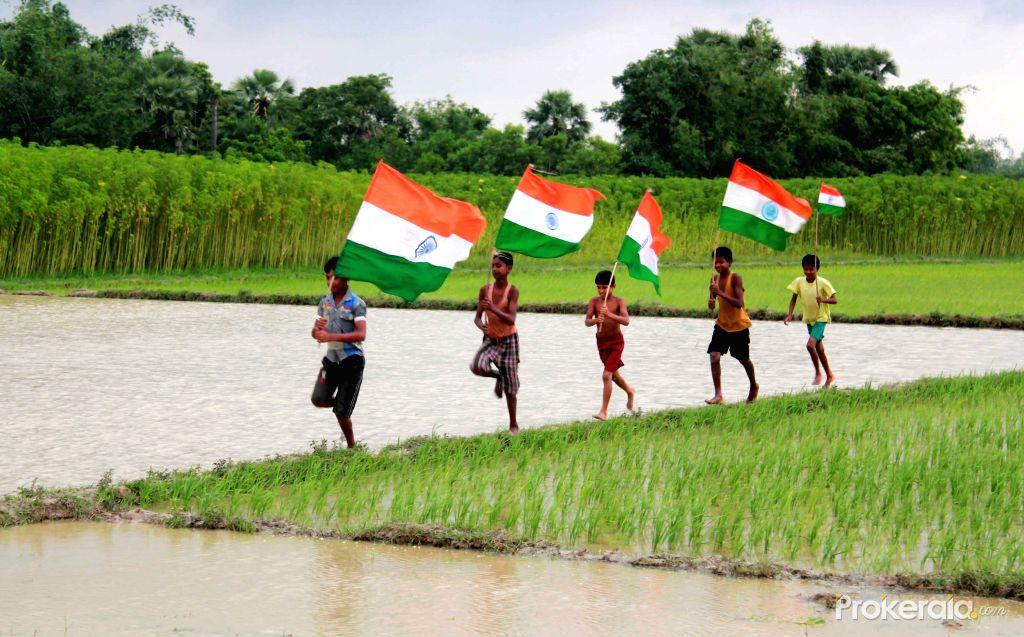
•According to the report released by the United Nations Development Programme (UNDP), India has been dropped two spots to 131 among 189 countries in the 2020 Human Development Index.
According to the report:
•Norway topped the index, followed by Ireland, Switzerland, Hong Kong and Iceland, the report showed.
•Niger is the lowest ranked country at 189, placed among Low human development category, with a score of 0.394.
•India(131), Bhutan (129), Bangladesh (133), Nepal (142), and Pakistan (154) were ranked among countries with medium human development.
•In the BRICS grouping, Russia was 52 in the human development index, Brazil 84, and China 85.
2) PM Modi inaugurates world’s largest renewable energy park in Gujarat
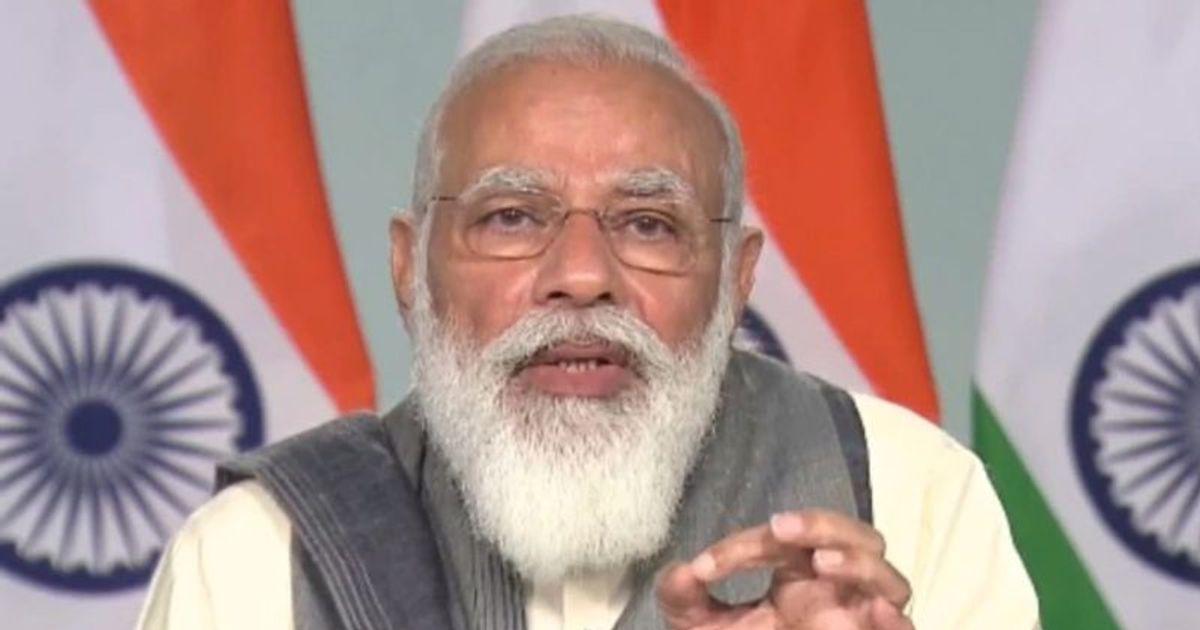
•Prime Minister Narendra Modi laid the foundation stone of the 30,000 megawatt (MW) capacity hybrid renewable energy park in Kutch district of Gujarat. It will be the largest renewable energy park of its kind in the world. It is expected to play a major role in fulfilling India’s vision of generating 450 GW (4,50,000 mw) of power by 2030.
3) Prasar Bharati CEO Shashi Shekhar Vempati elected as Vice President of ABU
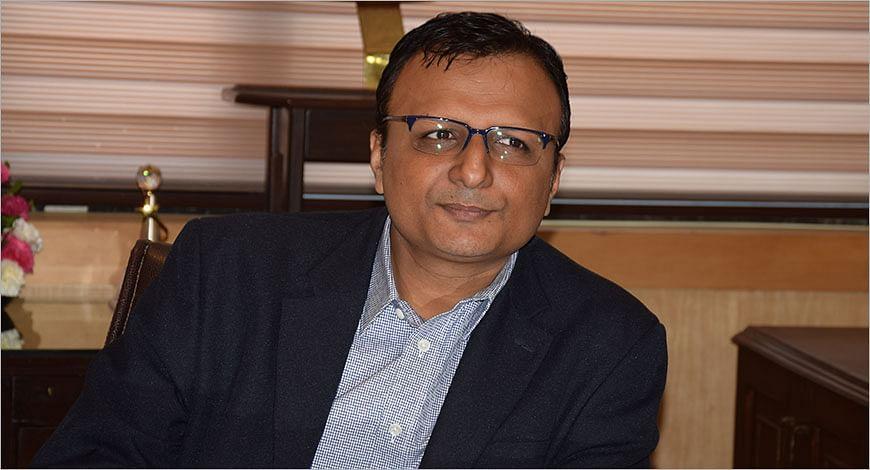
•The CEO of Prasar Bharati, Shashi Shekhar Vempati has been elected as the Vice President of Asia Pacific Broadcasting Union (ABU) for a period of three years. Prasar Bharati is India’s largest public broadcasting agency. The Kuala Lumpur, Malaysia–based Asia Pacific Broadcasting Union (ABU), is one of the largest broadcasting associations in the world.
4) SAIL gets Golden Peacock Environment Management Award 2020
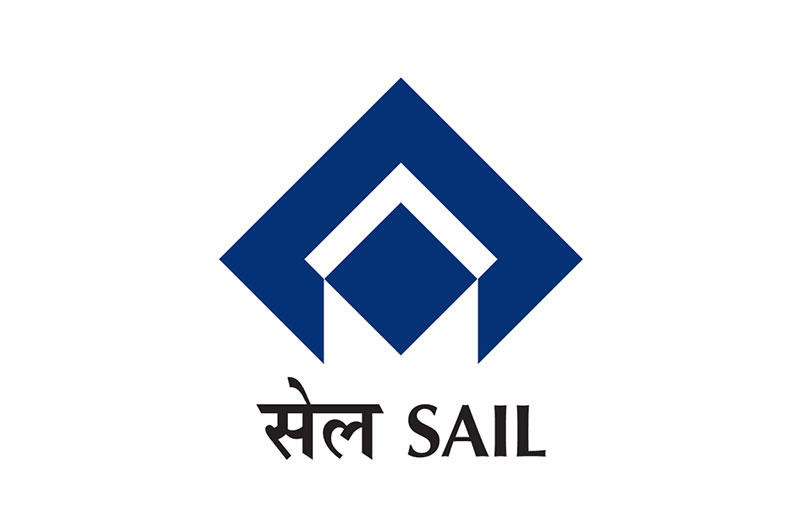
•Steel Authority of India Limited (SAIL) has been awarded with the prestigious Golden Peacock Environment Management Award for the year 2020 in the Steel Sector by the Institute of Directors. The company has been the winner of this award for successive two years and this bears testimony to the efforts made by it for sustainable and environmentally responsible steel making. This award is one of the most coveted awards in the category.
5) GoI inks $1-bn loan pact with NDB to support Indian Economy

•The Government of India and the New Development Bank (NDB) have signed a loan agreement worth $1,000 million for ‘supporting India’s economic recovery from COVID-19’. The loan has a tenor of 30 years, including a 5-year grace period. The programme will support Indian Government in mitigating the adverse economic impact of COVID-19 pandemic and enable economic recovery in the rural areas.
6) India and World Bank sign $400 million project to protect India’s poor
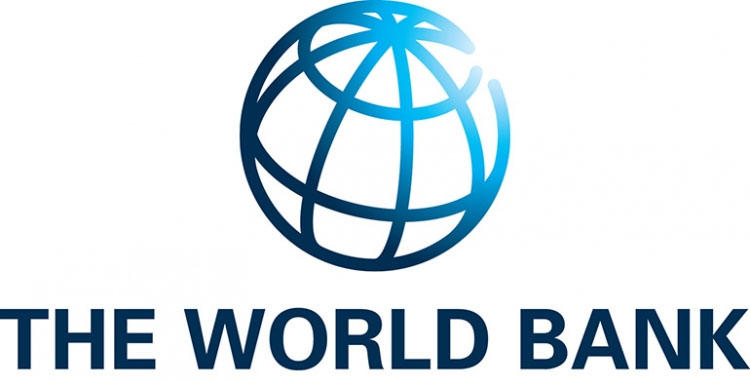
•The Government of India and the World Bank have signed a $400 million project to protect vulnerable groups in urban and peri-urban areas across the country impacted by COVID-19. This is the second such assistance in the series of two ‘Accelerating India’s COVID-19 Social Protection Response Programme’. Under the first operation, $750 million was approved by World Bank in May 2020.
7) SBI Ecowrap Report Projects India GDP to contract 7.4% in FY21
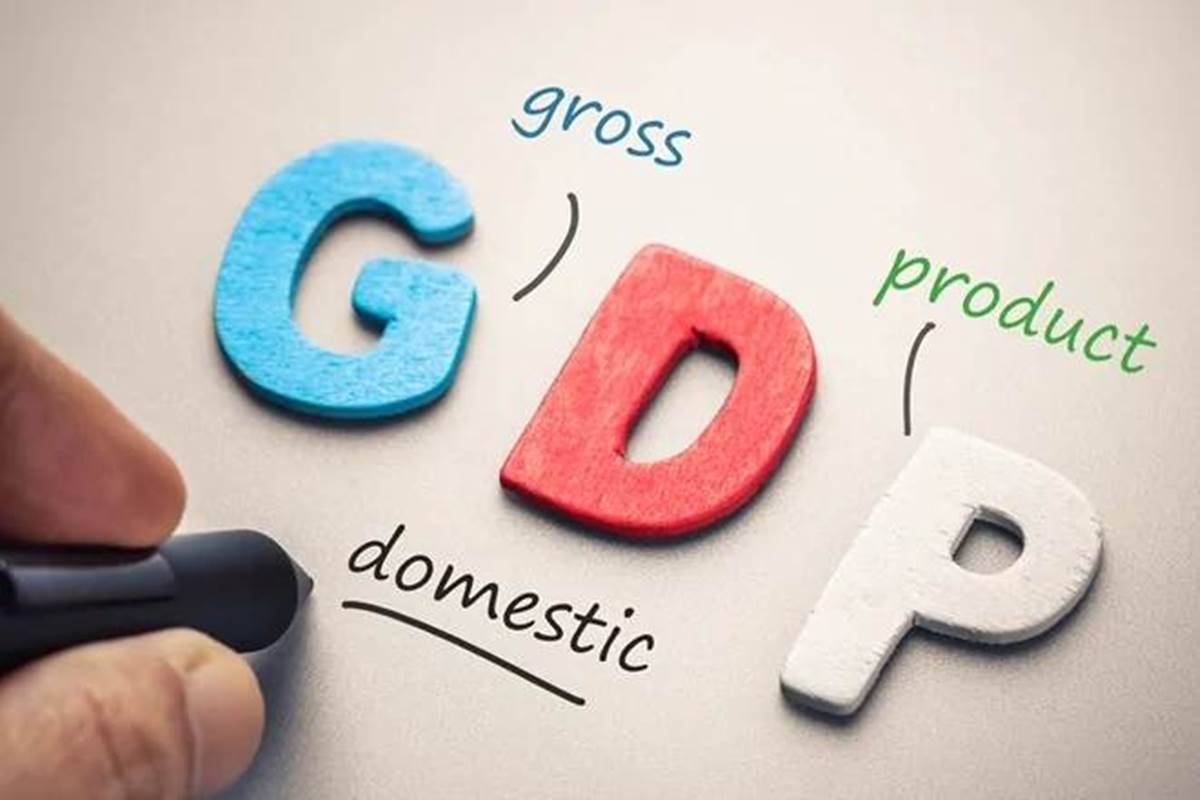
•The State Bank of India, in its research report ‘Ecowrap’ has revised the GDP growth of India at (-) 7.4 percent in FY21. Earlier this forecast was (-) 10.9 percent. The SBI research report has also forecast India’s GDP growth in FY22 at 11 percent. The report also believes that it would take seven quarters from the fourth quarter of FY21 for GDP to reach the pre-pandemic level in nominal terms.
8) ISRO sets up dedicated control centre ‘NETRA’ for SSA
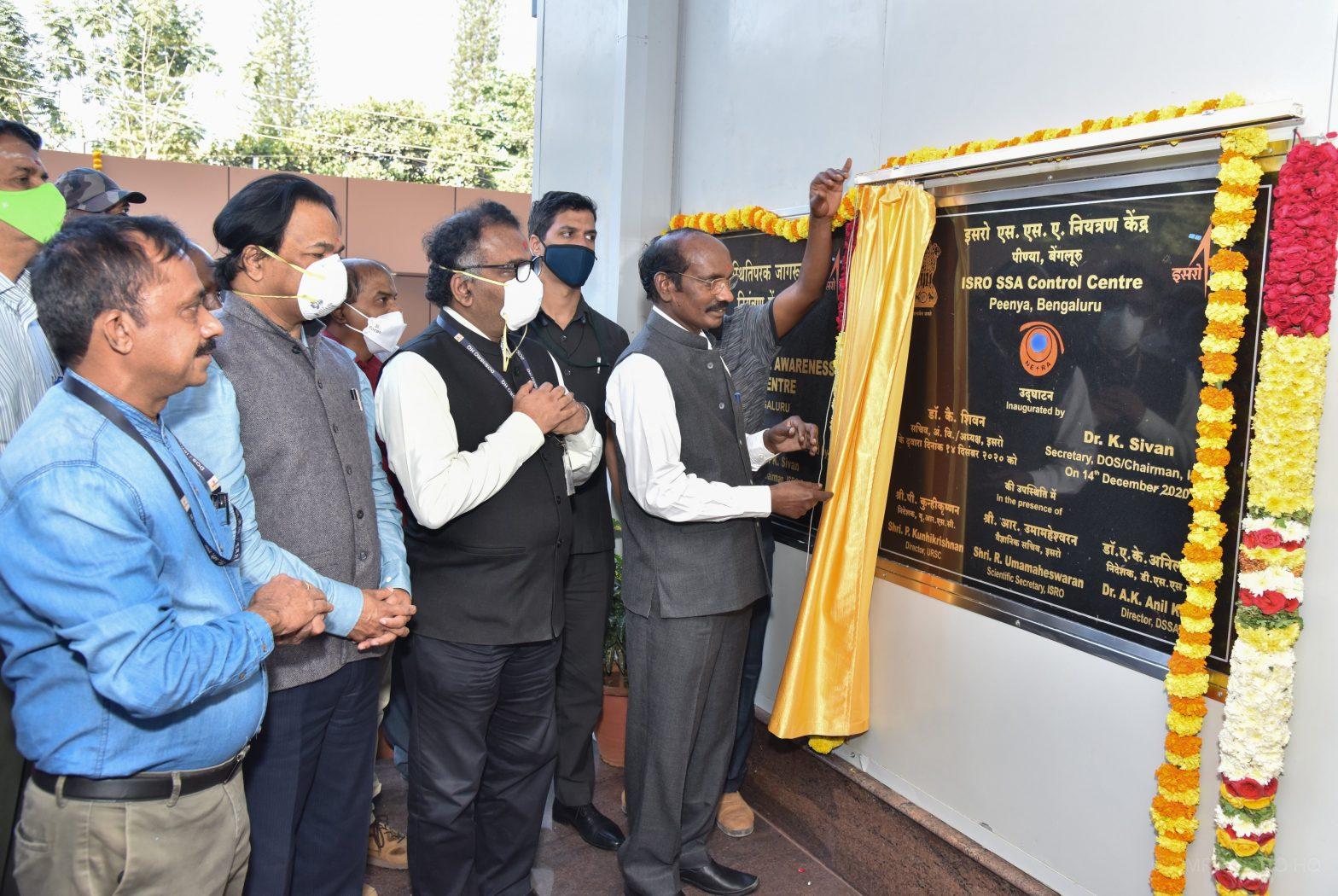
•The Indian Space Research Organization (ISRO) has set up a dedicated Space Situational Awareness (SSA) Control Centre named “NETRA”, at its ISTRAC campus at Peenya, Bengaluru. The ISRO SSA Control Centre ‘NETRA’ was formally inaugurated by ISRO Chairman K Sivan.
9) Qatar to host 2030 Asian Games, 2034 edition in Saudi Arabia
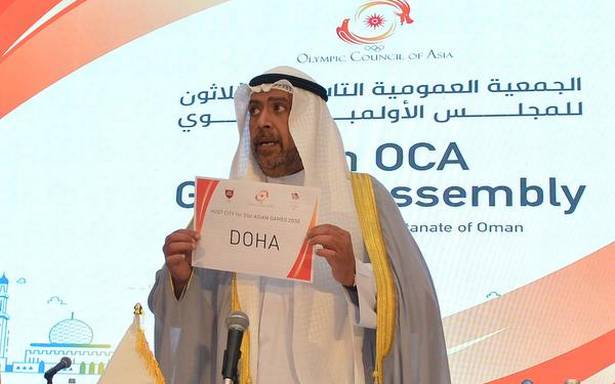
•The 2030 Asian Games were awarded to Doha, Qatar and the 2034 event went to Riyadh, Saudi Arabia after a deal was struck between the rival nations. Doha beat Riyadh for the 2030 Games in the vote at the Olympic Council of Asia’s (OCA) general assembly.
•The vote took place amid a bitter and long-running political dispute between Saudi Arabia and Qatar. Saudi Arabia is one of four countries which has imposed a trade and travel boycott on Qatar since 2017. The OCA reached a deal to vote on the 2030 host but to give the other candidate the 2034 event.
10) NASA selects Raja Chari as commander of SpaceX Crew-3 mission

•NASA and the European Space Agency (ESA) have selected Indian-American Raja Chari to be the Commander of the SpaceX Crew-3 mission to the International Space Station. Presently Raja Chari, is a colonel in the US Air Force. He will be the commander of SpaceX Crew-3 mission, while Nasa’s Tom Marshburn will be pilot and ESA’s Matthias Maurer will serve as a mission specialist. This mission is expected to be launched next year.
•When Chari, Marshburn, and Maurer arrive at the orbiting laboratory, they will become expedition crew members for the duration of their six-month stay. The crew will have a slight overlap with the Crew-2 astronauts, who are expected to launch in the spring of 2021.
The HINDU Notes – 17th December 2020





